
Digital Dissidents: About 16% of Russians Are Reluctant to Use the Internet
Almost 77% of households in Russia have access to the Internet. This is not an outstanding result compared to other countries—for instance, in South Korea, 99% of families have access to the Internet. Russia's lag is caused not by technical problems with connectivity, but by the reluctance of 16.3% of households to go online. This is stated in the digest Digital Economy Indicators :2020, released by the HSE Institute for Statistical Studies and Economics of Knowledge.
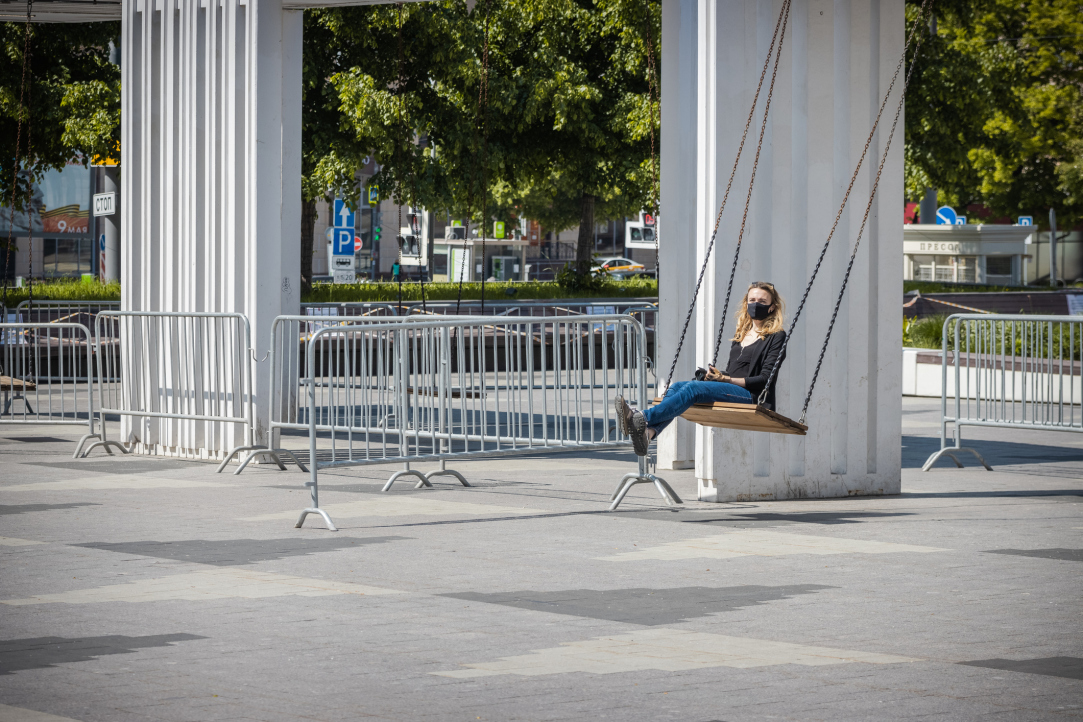
Russia Is Among the Leaders of the Global COVID-19 Pandemic Response Efficiency Index
In a recent study, HSE University researchers analyzed and ranked the responses of 48 countries to the coronavirus pandemic. National responses were evaluated with regard to three factors: medical care, social support, and economic support. Among the 48 analyzed countries, Russia placed 7th, while Australia ranked the first.
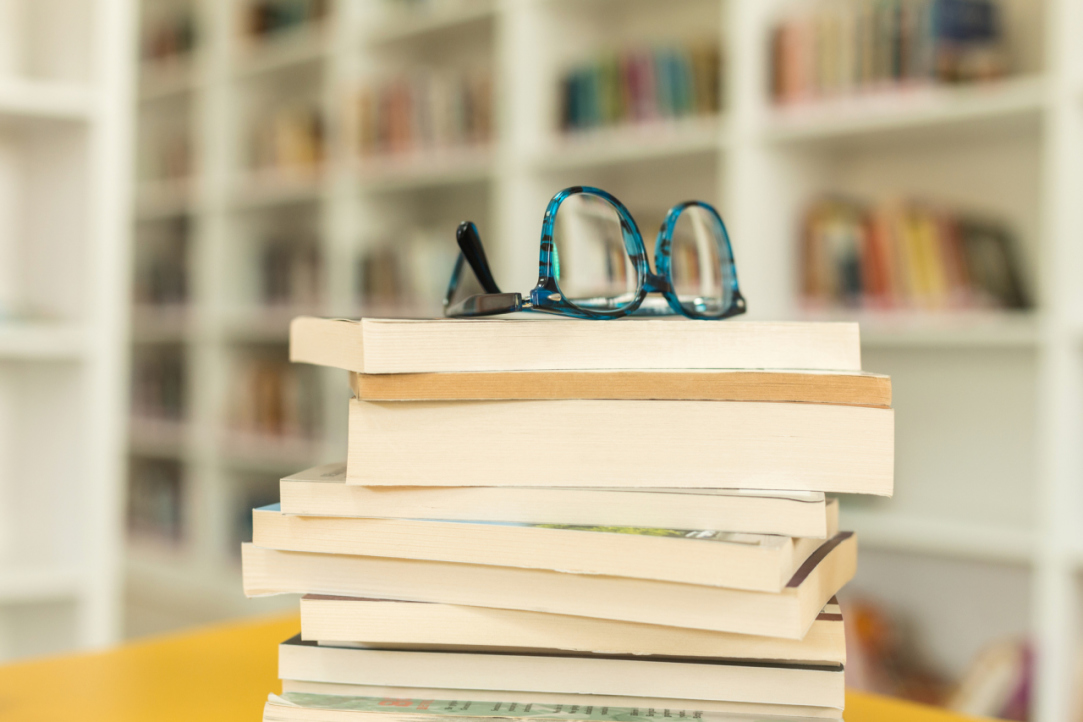
HSE University Ranks Third Among Russian Law Schools for Graduates’ Salaries
HSE University has risen from fourth to third place in the Superjob University Ranking in terms of the salaries made by young professionals in the legal field who graduated in 2014–2019. According to the ranking’s authors, our graduates can expect to earn an average of 100,000 rubles a month in Moscow.
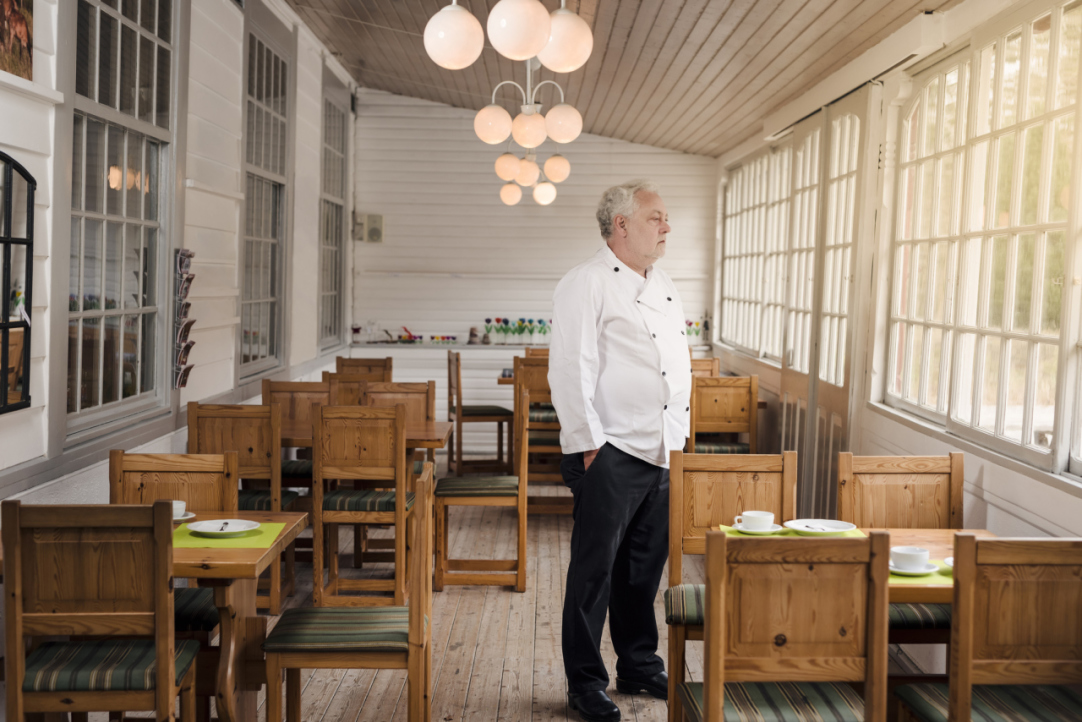
The Light at the End of the Tunnel: First Signs of Economic Recovery
In June 2020, most of the leading indicators showed a major slowdown in the contraction of the global economy. In July, however, the consolidated Russia stress index dropped back down to the level of February. HSE experts explore these issues in the ninth analytical newsletter on the economic and social aftereffects of the coronavirus in Russia and the world.

Museums Set to Diversify Visitation Formats after the Lockdown
Researchers at the HSE Laboratory of Cultural Economics (LCE) in St. Petersburg studied museums’ visitation policies during the lockdown measures. From June 1 – 9, 2020, the Laboratory of Cultural Economics joined the Russian Union of Museums to conduct a survey of 230 museums.
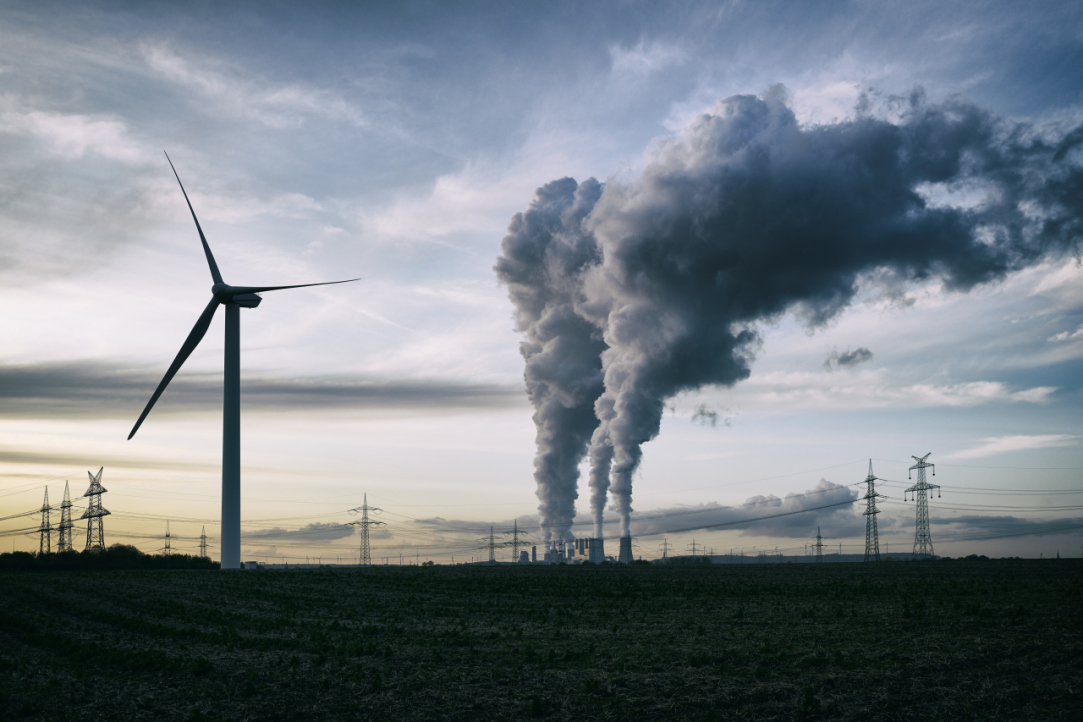
Virus Clears Up the Atmosphere: How the Pandemic Has Affected Greenhouse Gas Emissions and Other Consequences of COVID-19 in Russia and the World
Lockdown and economic crisis have led to a drastic reduction of greenhouse gasses emissions in the world. This is one of the key messages of the HSE’s eighth 'coronavirus' newsletter. In addition, experts have evaluated the consequences of COVID-19 for Russian culture, health worker support measures in various countries during the pandemic, the EU economic recovery programme, and other scenarios.

HSE University Places Second on Superjob Alumni Salary Ranking of Russian Economics Universities
HSE University alumni working in economics and finance, earn an average of 115,000 rubles a month in their first five years of work after graduation. This is the second best result among universities, according to data from the Superjob job search website.
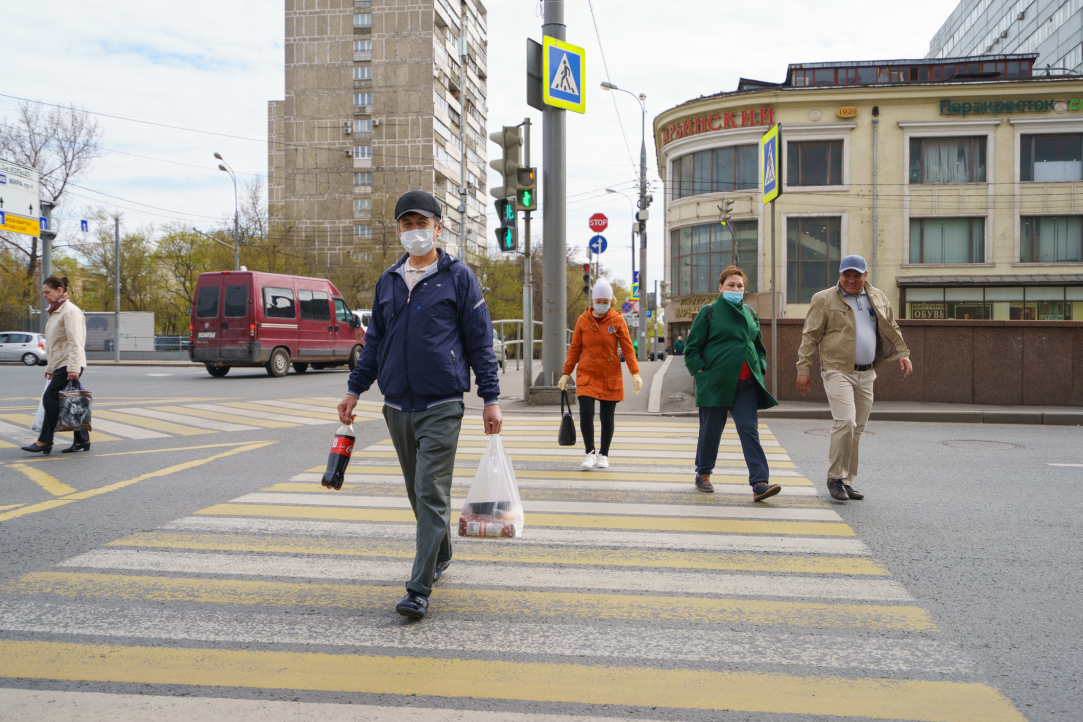
State and Civic Efforts Helped Save at Least 80,000 Lives in Russia During the Pandemic, HSE Experts Say
In a study, ‘How Many Deaths from COVID-19 Were Avoided by Russian Society’, experts from HSE University found that the restrictive measures taken by the Russian government and its citizens to combat the spread of the virus saved the lives of tens of thousands of Russians.

The Worst Is Probably Behind Us: HSE Experts on the Economic and Social Effects of COVID-19
Although the Russian economy is gradually recovering from this spring’s blow, it is too soon to talk about the situation evening out. Meanwhile, primary and secondary school students seem to be quite comfortable with uncertainty. Even more so, they appear to have a more positive view of the situation than their parents and teachers do. These are the discussion points of the sixth HSE analytical newsletter on the impact of COVID-19 on Russia and the world.
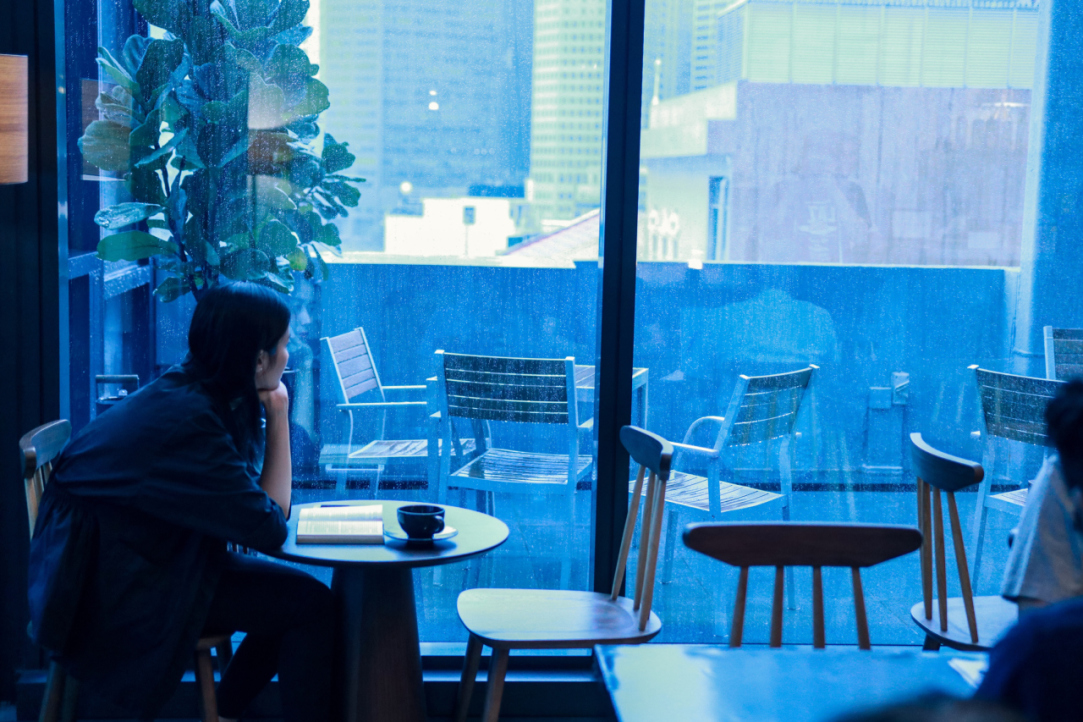
COVID Downfall and the Fear of Returning to the Offices: Pandemic Impact on Russia and the World
In this, the fifth issue of our newsletter, HSE experts comment on the government’s 'Action plan for the business and citizens income recovery and economic growth', elaborate on the May outcomes of the OPEC+ deal and analyze how psychologically challenging it will be for Russian employees to go back to their offices.

